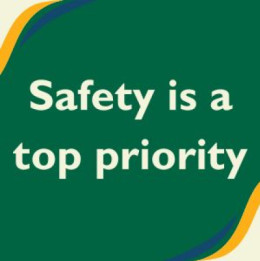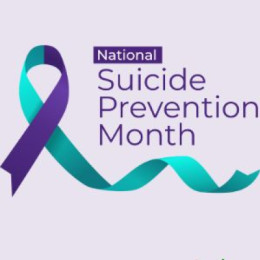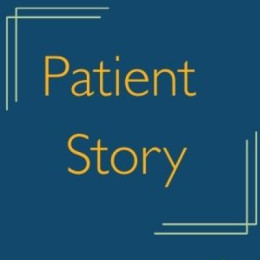Posted On: February 19, 2021 by Community HealthCare System in: Catch Up On Care

As COVID‐19 dominated our lives and the news headlines, many people delayed important screenings. March is Colorectal Cancer Awareness Month, so it’s the perfect time to catch up on care you or your loved ones may have missed in 2020.
Research predicts that delays in colorectal cancer screenings during the COVID‐19 pandemic will result in a 12% increase in cancer deaths in the next five years. The good news is colorectal cancer is highly treatable if it’s caught early, and CHCS is here to help.
Most colorectal cancers arise from colon polyps that start out as benign, but progress from small polyps to cancer. These polyps occur in about 30% of men and about 20% of women. Progression is believed to take an average of 10 years, which is why screening is effective at catching problems early.
Colonoscopies Save Lives
According to Dr. Marcus Weiser, the best screening option is to schedule a colonoscopy. Dr. Weiser, a family physician, is one of several CHCS physicians who perform colonoscopies. During a colonoscopy, physicians can see polyps and remove or biopsy them.
Although patients don’t look forward to a colonoscopy, most find it relatively simple.
“A colonoscopy takes about 30 to 45 minutes and is typically performed with IV sedation in an outpatient setting, which means patients can go home soon after the procedure,” Dr. Weiser said. “Checking for abnormalities that can lead to cancer is well worth the time patients spend preparing for and undergoing the procedure, and recovery is fairly quick.”
Colorectal cancer is the second‐leading cause of cancer‐related deaths among men and women combined in the U.S., according to Fight CRC. About one in 20 people will be diagnosed with colorectal cancer, and one in three people are not up to date with colorectal cancer screenings.
The American Cancer Society recommends screening for colorectal cancer starting at age 45. Colonoscopies are typically repeated every 10 years in an average-risk patient but may need to be repeated sooner if abnormalities are present or if warranted by family history.
Reduce Your Risk
Dr. Weiser said increased screening has reduced the incidence and mortality rates of colorectal cancer in the United States in recent years, but he and other physicians worry about patients putting off their tests.
“We don’t want patients to wait for symptoms to develop, because more advanced cancers are more difficult to treat,” Dr. Weiser said.
Symptoms of colorectal cancer can include rectal bleeding, changes in bowel habits, abdominal pain, and weight loss.
There are ways to reduce your risk of colorectal cancer. Don't smoke, maintain a healthy weight, exercise regularly, and eat more fruits, vegetables, and whole grains. Limiting intake of processed meats and eating less red meat may also be helpful. Most importantly, get screened for colorectal cancer.
Contact your primary care provider to learn more about colonoscopy and to determine if screening is appropriate. CHCS has several physicians on staff that perform colonoscopies, and the procedure can be scheduled locally in Onaga, Holton, or St. Marys. CHCS has COVID‐19 precautions in place to ensure that patients and staff are properly protected against the spread of the virus.
“Screening for colorectal cancer truly saves many lives. I hope patients will talk to their providers about making sure they are caught up on their colonoscopy and other important cancer screenings,” Dr. Weiser said.
Read a patient story about the importance of getting a colonoscopy.











0 comments